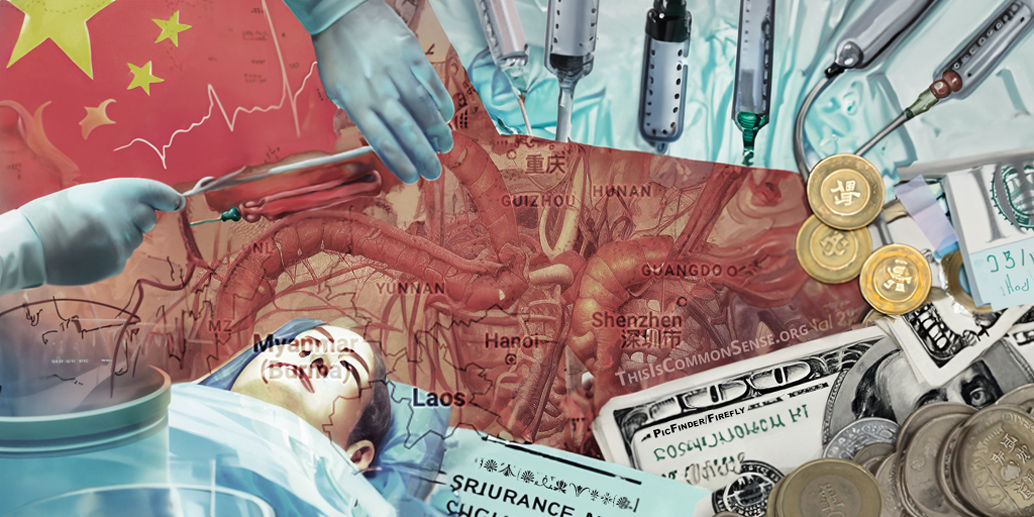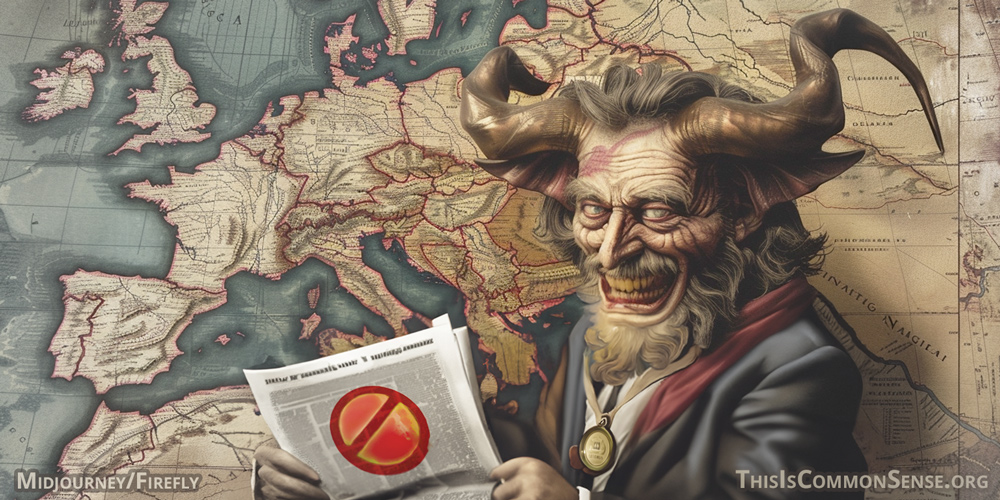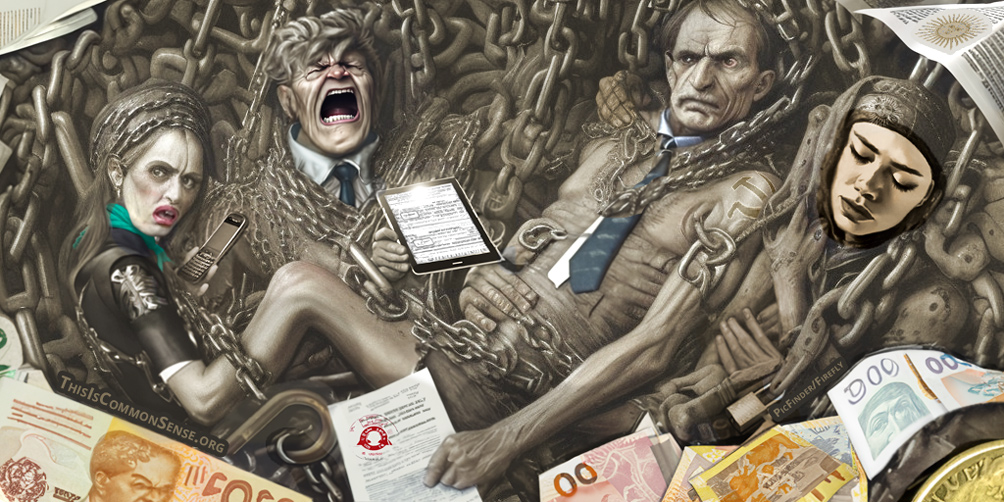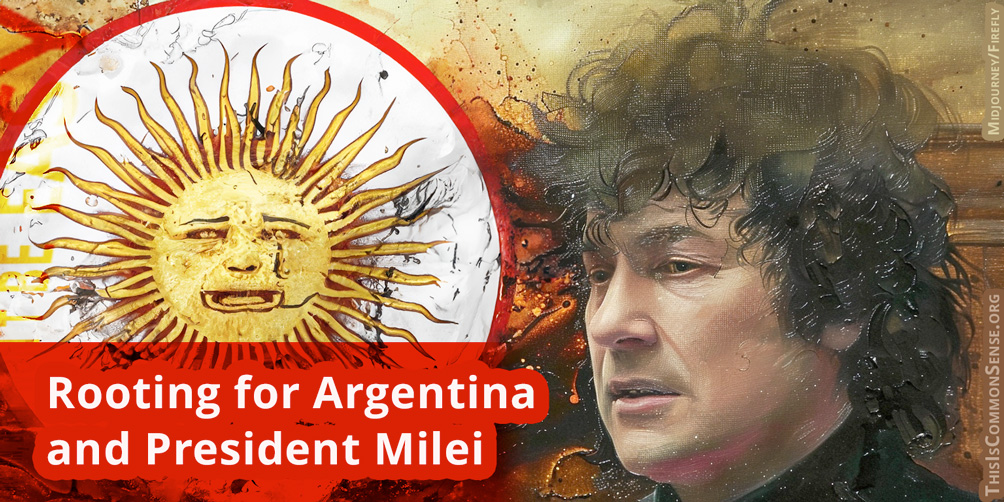One can be for free trade yet still demand, while sticking to principle, certain restrictions on international trade.
The State of Idaho has demonstrated one sort of restriction compatible with a free society’s free-trade rules. “As of July 1, it will be illegal in Idaho for health insurers to cover an organ transplant or post-transplant care performed in China or any country known to have participated in forced organ harvesting,” explains Frank Fang in The Epoch Times (No. 508, A5). The legislation had been passed unanimously in both legislative houses earlier in the month and was signed by the governor on
Idaho wasn’t the first state to do this, following Texas last year and Utah this year, with its law going into effect on May 1.
The problem to be addressed? The suspiciously short waiting time for organ transplants in China, especially after the Chinese government cracked down on the Falun Gong decades ago.
“In 2019, the independent China Tribunal in London concluded that the CCP had been forcibly harvesting organs from prisoners of conscience for years ‘on a substantial scale,’ with Falun Gong practitioners being the ‘principal source’ of human organs,” according
This is not protectionism. And it really isn’t any unwarranted regulation on trade. For even in the freest of societies, with 100 percent free trade and freedom of contract, the sale and purchase of stolen goods
Rightly prohibited.
If anything has been taken away unjustly, it’s the internal organs of political prisoners by
This is Common Sense. I’m Paul Jacob.
Illustration created with PicFinder and Firefly
—
See all recent commentary
(simplified and organized)





